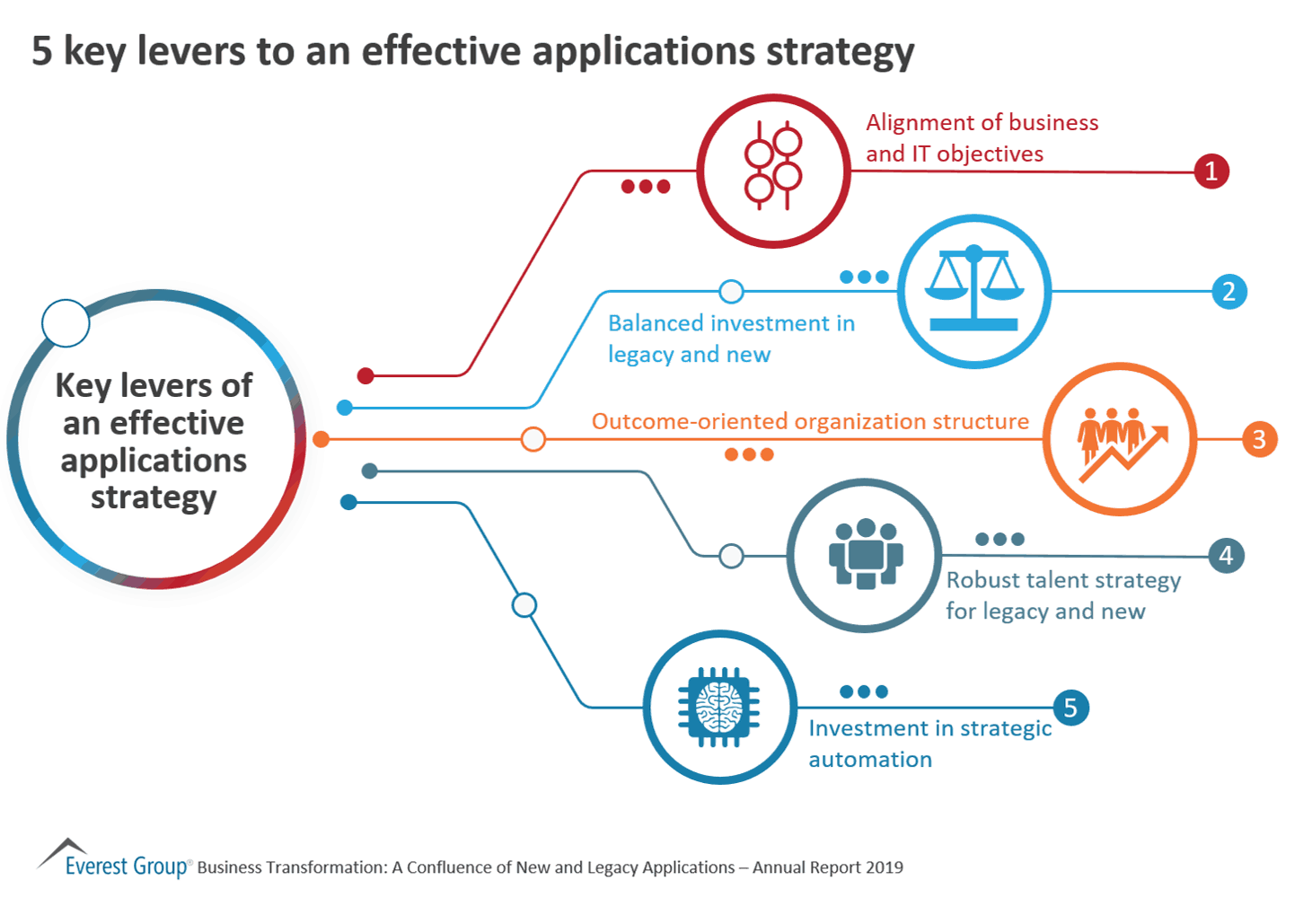Unlocking success in various aspects of life requires a deep understanding of the underlying principles and strategies that drive achievement. Whether it's personal growth, education, or professional development, having the right tools and techniques can make all the difference. In this article, we'll delve into the world of assessment and application strategies, exploring the key concepts, benefits, and practical tips to help you unlock your full potential.
Understanding Assessment Strategies
Assessment is a critical component of any learning or development process. It involves evaluating an individual's knowledge, skills, and attitudes to determine their strengths, weaknesses, and areas for improvement. Effective assessment strategies can help identify learning gaps, inform instruction, and promote student engagement. In a broader sense, assessment can also be applied to personal and professional settings, helping individuals set goals, track progress, and make data-driven decisions.
There are various types of assessment strategies, including:
- Formative assessment: Ongoing evaluation and feedback to inform instruction and improve student learning.
- Summative assessment: Evaluation of student learning at the end of a lesson, unit, or course to measure achievement.
- Diagnostic assessment: Identification of individual strengths, weaknesses, and learning needs to inform instruction.
- Self-assessment: Reflection and evaluation of one's own learning, progress, and goals.

Exploring Application Strategies
Application strategies refer to the methods and techniques used to apply knowledge, skills, and attitudes in real-world contexts. These strategies can help individuals transfer learning to new situations, solve problems, and achieve their goals. In education, application strategies can include:
- Project-based learning: Students work on real-world projects to apply learning and develop problem-solving skills.
- Case studies: Analysis of real-world scenarios to apply learning and develop critical thinking skills.
- Service-learning: Students apply learning to real-world problems through community service and volunteer work.
In personal and professional settings, application strategies can include:
- Goal-setting: Identifying and setting specific, measurable goals to achieve success.
- Action planning: Developing a plan to achieve goals and overcome obstacles.
- Reflection and evaluation: Regularly reflecting on progress and evaluating the effectiveness of strategies.

Unlocking Success with Assessment and Application Strategies
Unlocking success requires a combination of effective assessment and application strategies. By understanding individual strengths, weaknesses, and learning needs, individuals can develop targeted plans to achieve their goals. Application strategies can help individuals transfer learning to new situations, solve problems, and achieve success.
Here are some practical tips to unlock success with assessment and application strategies:
- Set clear goals: Identify specific, measurable goals and develop a plan to achieve them.
- Use formative assessment: Regularly evaluate progress and adjust strategies as needed.
- Practice self-assessment: Reflect on learning, progress, and goals to identify areas for improvement.
- Apply learning to real-world contexts: Use project-based learning, case studies, and service-learning to transfer learning to new situations.
- Seek feedback and support: Regularly seek feedback from peers, mentors, and coaches to improve strategies and achieve success.

Benefits of Assessment and Application Strategies
Effective assessment and application strategies can have numerous benefits, including:
- Improved learning outcomes: Targeted instruction and feedback can improve student learning outcomes.
- Increased confidence: Regular evaluation and feedback can help individuals build confidence and self-esteem.
- Enhanced problem-solving skills: Application strategies can help individuals develop problem-solving skills and apply learning to new situations.
- Better goal achievement: Clear goals and targeted plans can help individuals achieve success and achieve their goals.
Common Challenges and Solutions
Despite the benefits of assessment and application strategies, individuals may face several challenges, including:
- Limited resources: Limited access to resources, such as technology or coaching, can hinder the effectiveness of assessment and application strategies.
- Lack of motivation: Limited motivation or engagement can reduce the effectiveness of assessment and application strategies.
- Insufficient feedback: Limited feedback or support can reduce the effectiveness of assessment and application strategies.
To overcome these challenges, individuals can:
- Seek out resources: Identify and access resources, such as online tutorials or coaching, to support assessment and application strategies.
- Develop a growth mindset: Cultivate a growth mindset and focus on learning and improvement.
- Regularly seek feedback: Regularly seek feedback from peers, mentors, and coaches to improve strategies and achieve success.

Conclusion
Unlocking success requires a deep understanding of assessment and application strategies. By understanding individual strengths, weaknesses, and learning needs, individuals can develop targeted plans to achieve their goals. Effective assessment and application strategies can improve learning outcomes, increase confidence, and enhance problem-solving skills. While challenges may arise, individuals can overcome them by seeking out resources, developing a growth mindset, and regularly seeking feedback.
Gallery of Assessment and Application Strategies






FAQ Section
What is the purpose of assessment strategies?
+Assessment strategies are used to evaluate an individual's knowledge, skills, and attitudes to determine their strengths, weaknesses, and areas for improvement.
How can I develop effective application strategies?
+Effective application strategies can be developed by identifying clear goals, using project-based learning, and regularly seeking feedback and support.
What are some common challenges with assessment and application strategies?
+Common challenges include limited resources, lack of motivation, and insufficient feedback. To overcome these challenges, individuals can seek out resources, develop a growth mindset, and regularly seek feedback.
